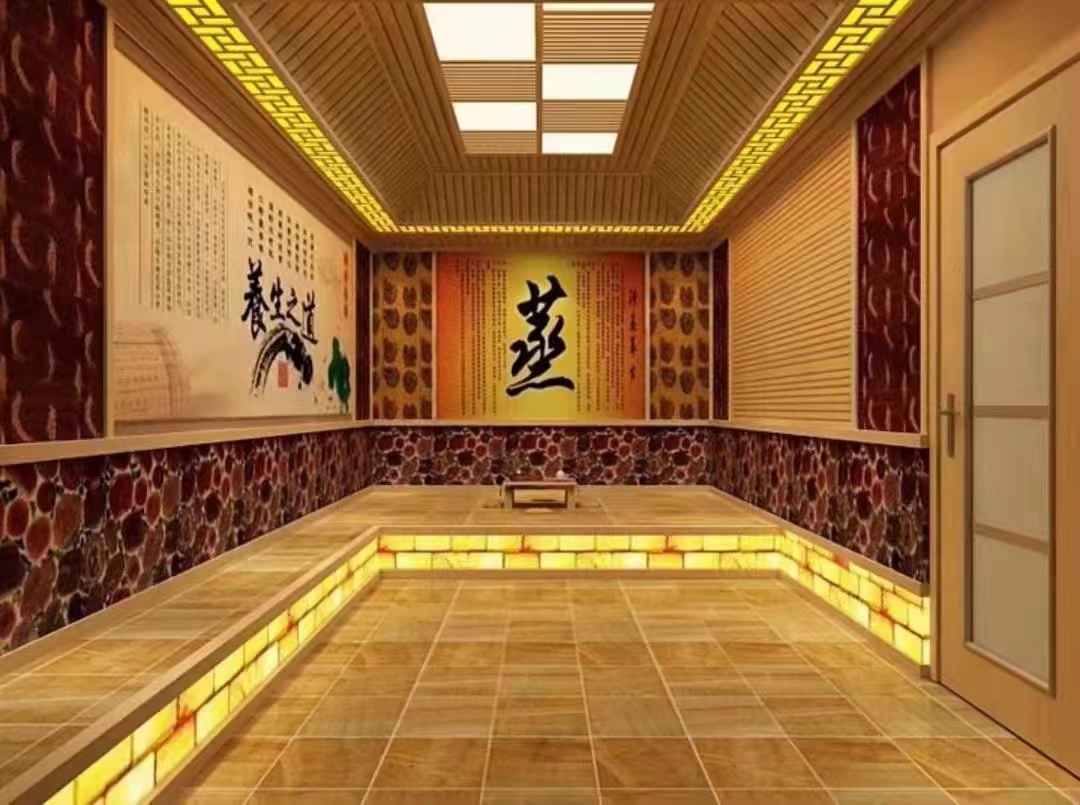
When it comes to choosing the right wood for sauna rooms, cedar and hemlock are two popular options, each with its own set of characteristics.
Cedar is known for having relatively good natural moisture resistance. Its oils and tight grain structure help it to repel moisture to some extent. Cedar can withstand the humid environment of a sauna better than many other woods. It is less likely to warp or rot over time when exposed to the high levels of moisture that are present in a sauna. Hemlock, on the other hand, also has decent moisture resistance. It is a softwood with a somewhat more porous structure compared to cedar. However, with proper treatment and maintenance, hemlock can hold up well in a sauna's moist conditions. Hemlock is often kiln-dried and treated to enhance its ability to resist moisture. In general, cedar may have a slight edge in moisture resistance due to its natural properties, but with care, hemlock can also be a reliable choice.
Cedar has a distinct and pleasant aroma. The scent is often described as soothing and relaxing. As the heat of the sauna warms the cedar, it releases this aroma, adding to the overall experience. The smell can help create a more inviting and calming atmosphere. Hemlock, while not as strongly scented as cedar, has a mild, earthy aroma of its own. Some people appreciate the more subtle nature of hemlock's scent. In a sauna, the cedar aroma is more pronounced and can permeate the space, while hemlock's scent is more understated.

